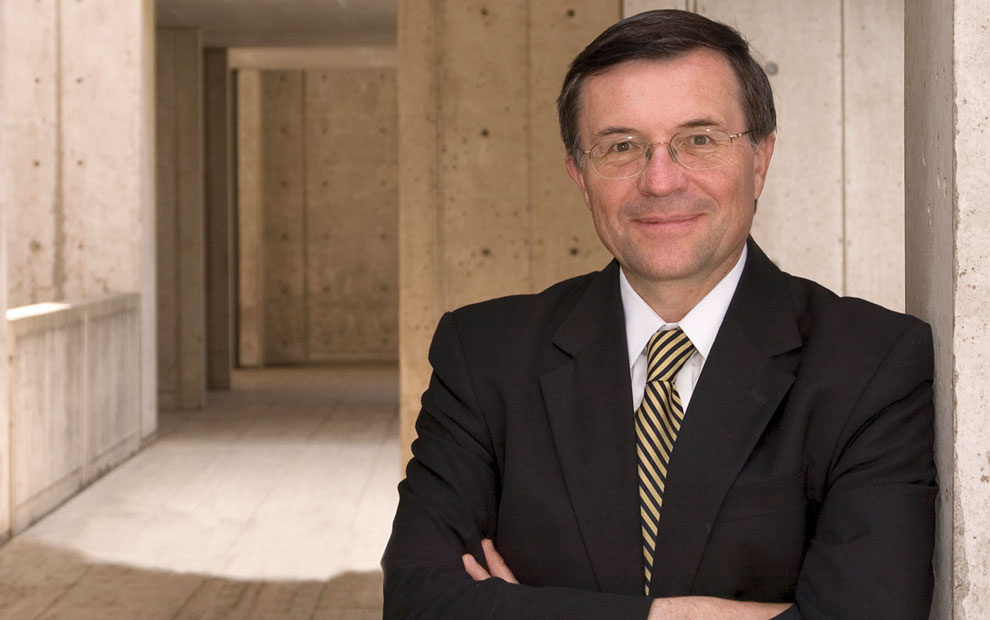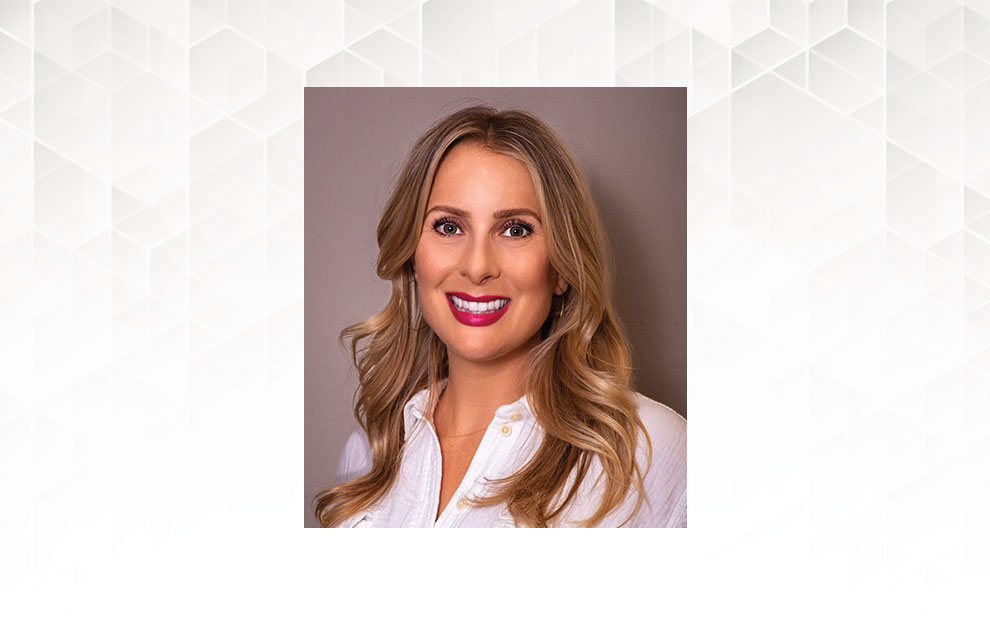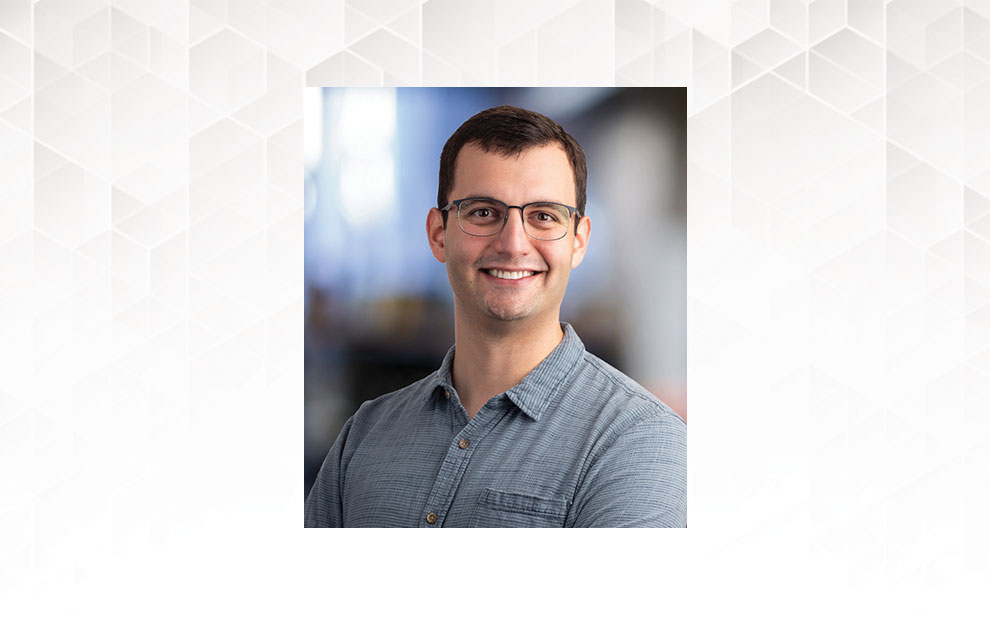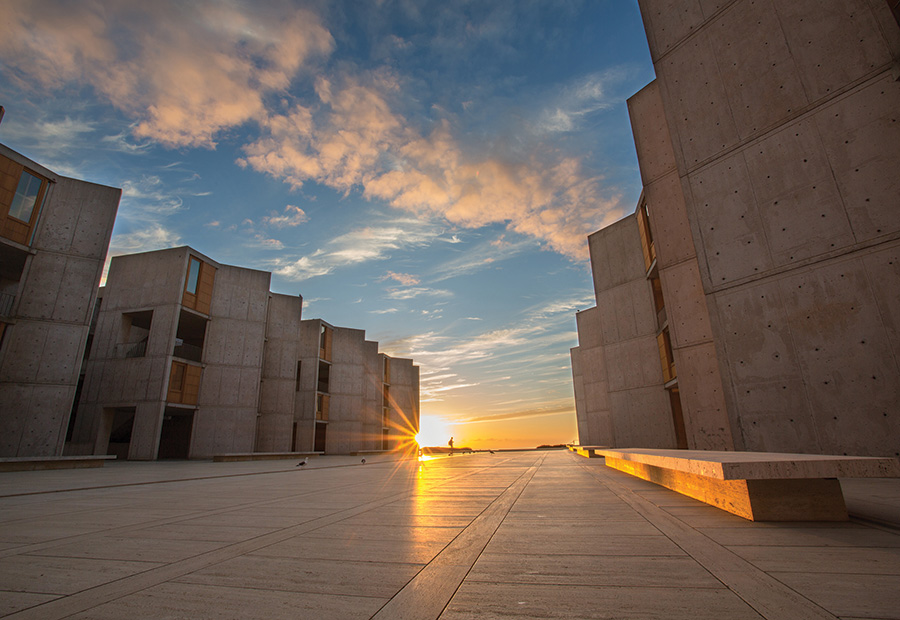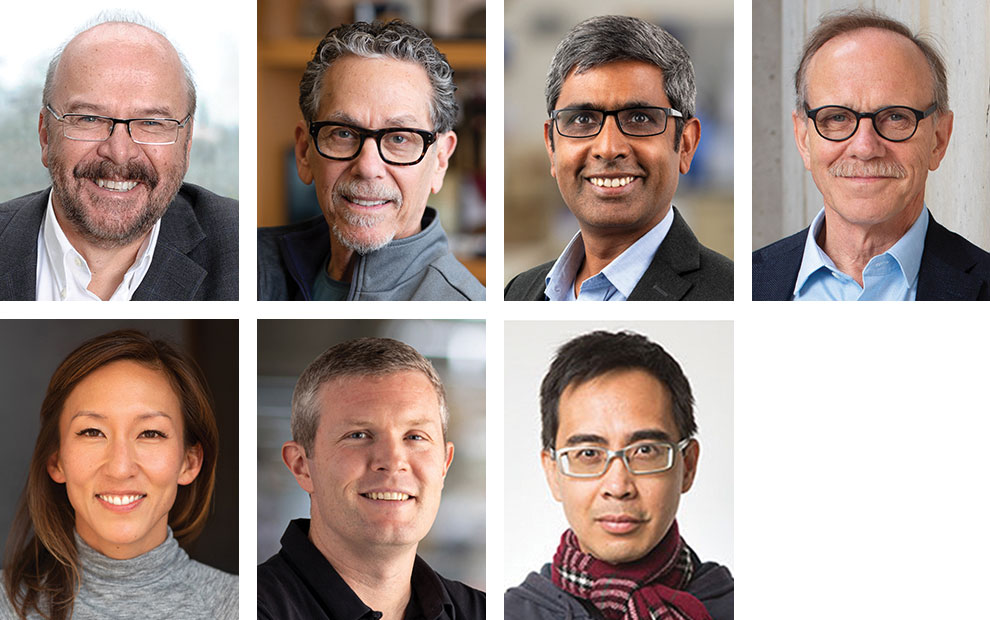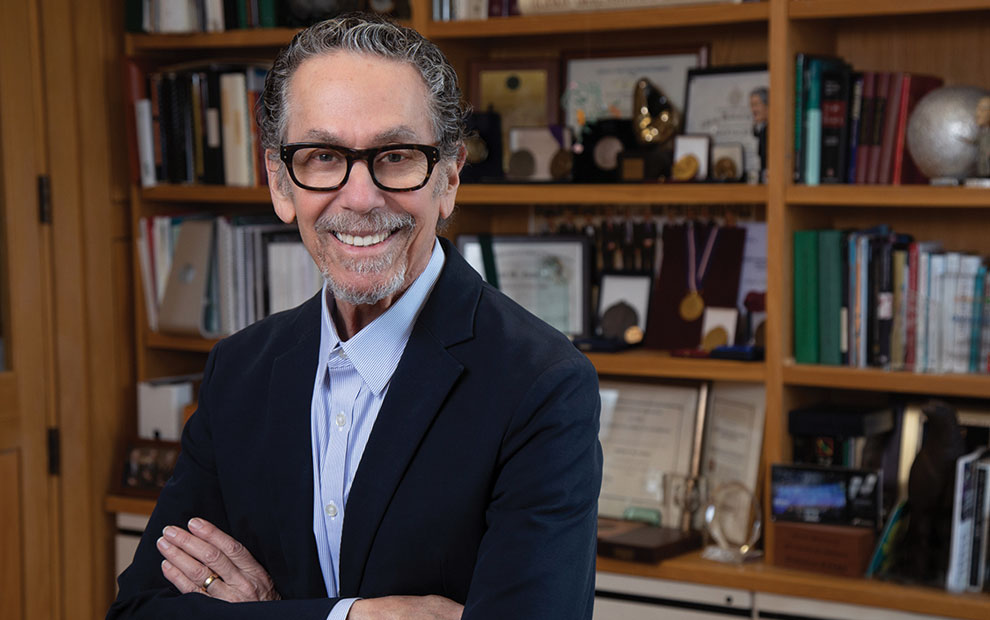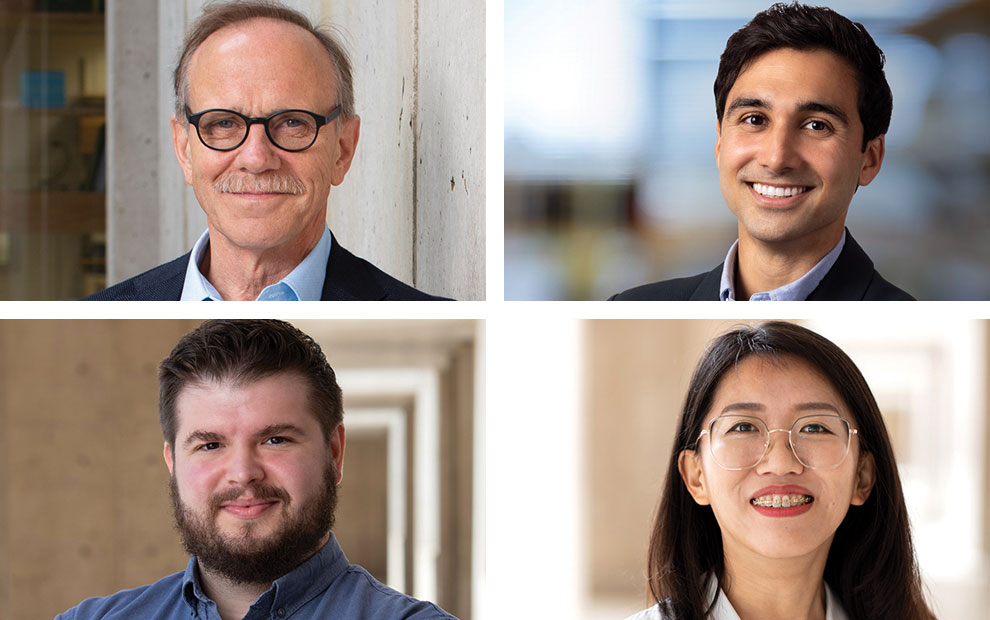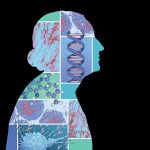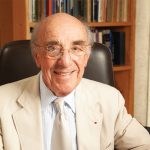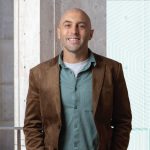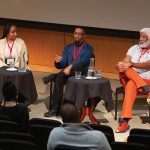The ARCS (Achievement Rewards for College Students) San Diego chapter honored Terrence Sejnowski for his pioneering research in neural networks and computational neuroscience.
Sejnowski, who is head of Salk’s Computational Neurobiology Laboratory, holder of the Frances Crick Chair, and a distinguished professor at UC San Diego, has helped shape the fields of neuroeconomics, neuroanatomy, neurophysiology, psychology, and artificial intelligence.
Each year, an ARCS committee of multiple members and the foundation’s president, aided by the advice of former honorees and scientific advisors in the community, makes a recommendation to its membership for the Scientist of the Year award. ARCS voted unanimously for Sejnowski to be its 2024 honoree.
“It is a singular honor to be chosen by ARCS as the Scientist of the Year, which also honors the remarkable computational advances being made by computer scientists and neuroscientists.”
–Terrence Sejnowski






















































